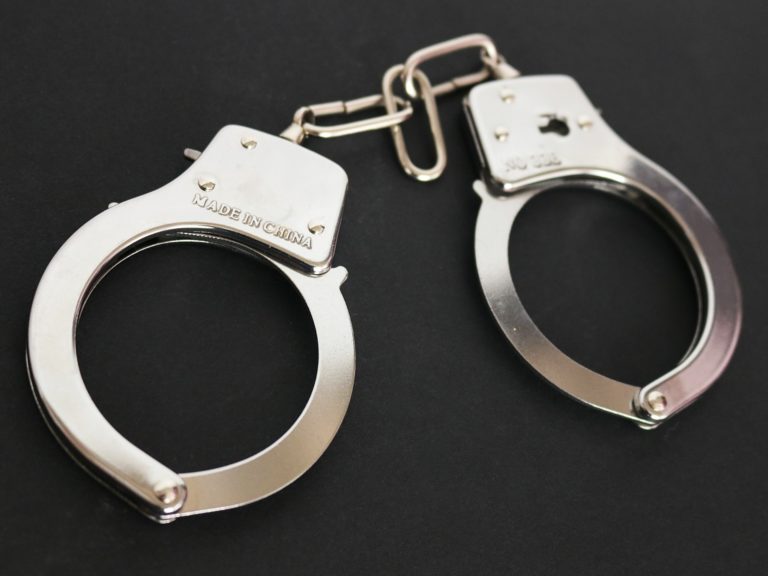
To learn more about New Jersey’s resisting arrest laws, read on and give our firm a call today to speak with a skilled Bergen County criminal defense attorney. Here are some questions you may have:
Most of the time, arrests end without issues, but there are instances where police and civilian interactions go awry. Police officers are required to follow specific guidelines when they are conducting an arrest. If the officer does not follow the protocol, then it might be a case of police misconduct and the officer could be punished. On the other hand, if a civilian fights with an officer during the arrest or tries to get out of handcuffs, then they may face resisting arrest charges. The penalties of these types of interactions between police and citizens can be life-altering or even fatal. That is why it’s critical to recognize the rights and responsibilities of civilians when negotiating with law enforcement. State laws outline expressly forbidden behavior that constitutes a resisting arrest.
The lowest resisting arrest violation in New Jersey is classified as a disorderly person’s offense, which is the New Jersey equal to a misdemeanor in other states. However, if you leave the scene or try to flee, then your charges will be elevated to a crime in the fourth degree (comparable to a felony in other states). If your conduct involves a motor vehicle and the officer tells you to stop and you don’t, then you may be charged with a crime in the third degree. Lastly, if your resistance causes bodily injury to any person the offense is known as a second-degree crime.
The state of New Jersey takes these charges very seriously, and as a result, penalties can include incarceration and/or fines, restitution, and probation. However, you will want to recognize that the exact penalties depend on the facts of the case and other factors like the defendant’s criminal history.
Resisting arrest (no flight)
Disorderly person’s offense: Prevents or tries to prevent a law enforcement officer from causing an arrest is punishable by 6 months of incarceration.
Resisting arrest with flight
Fourth-degree crime: By flight, purposefully preventing or attempting to prevent a law enforcement officer from effecting an arrest is punishable by up to 18 months of incarceration.
Eluding an officer
Third-degree crime:
Second-degree crime: If the flight or attempt to elude creates a risk of death or injury to any person, the offense is punishable by up to 10 years in prison. Additionally, suspension of driver’s license or privilege to operate a vessel for a period of 6 months up to 2 years.
CONTACT THE LAW OFFICE OF KEVIN T. CONWAY FOR A FREE CONSULTATION IF YOU NEED AN AGGRESSIVE CRIMINAL LAWYER.
© 2024 The Law Office of Kevin T. Conway. All rights reserved.